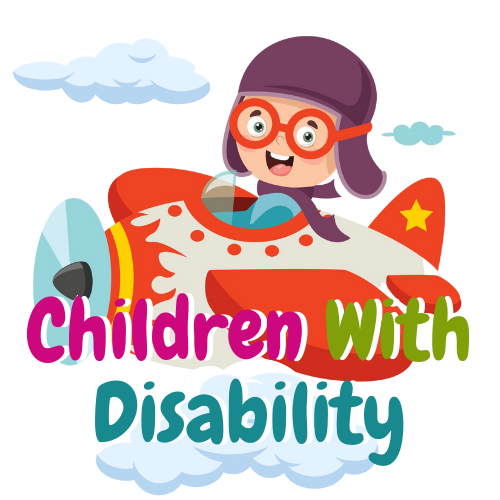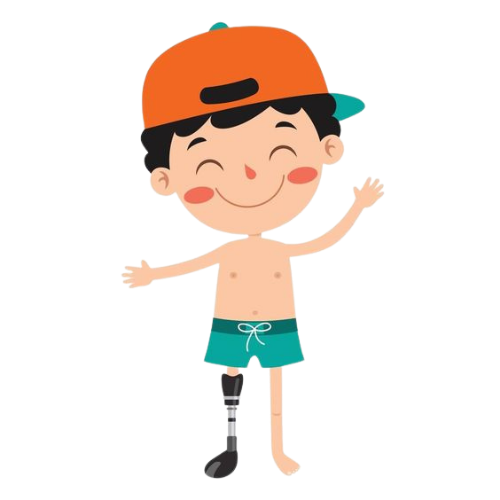Your child becomes a paraplegic:
Children with Disability NZ Our mission is to make New Zealand the most disabled child friendly region in the world!

Coping with paraplegia

How To Cope When Your Child Becomes A Paraplegic:
Paraplegia In A Young Child:
Coping with paraplegia in a young child can be challenging, but there are various strategies and support systems available to help both the child and their family. Here are a few key points to consider. Remember that each child's experience with paraplegia is unique, and it's crucial to tailor support and interventions to their specific needs. Consulting with healthcare professionals and specialists experienced in pediatric paraplegia can provide personalized guidance and support throughout the journey.
Tips & Tricks To Help You & Your Child:
#1 - Emotional support: It's essential to provide emotional support to the child and help them process their feelings about their condition. Encourage open communication, validate their emotions, and create a safe space for them to express their concerns.
#2 - Education and understanding: Educate the child and their family about paraplegia, its causes, and its effects. Understanding the condition can help alleviate fears and promote acceptance.
#3 - Rehabilitation and physical therapy: Engage the child in rehabilitation programs and physical therapy tailored to their needs. These interventions can help improve mobility, muscle strength, and overall quality of life.
#4 - Assistive devices: Explore assistive devices such as wheelchairs, braces, and adaptive equipment to enhance the child's independence and participation in daily activities. Work with healthcare professionals to find the most suitable options.
#5 - Inclusion and socialization: Encourage inclusion and socialization opportunities for the child. Promote participation in school, community, and recreational activities, and provide resources to foster friendships and connections with peers.
#6 - Accessible environment: Create an accessible home environment that accommodates the child's mobility needs. This may involve modifications such as ramps, wider doorways, and grab bars to promote independence and safety.
#7 - Support networks: Connect with support networks such as support groups, online communities, and organizations specializing in pediatric paraplegia. These resources can provide valuable advice, guidance, and a sense of belonging.
Contact Us
Our Mission Is To Make New Zealand The Most Disability-Friendly Region In The World!
Business Hours:
By Appointment Only...
Monday - Friday - 10:00am - 5:00pm Saturday - Sunday Closed!
Postal Address:
Contact Us:
Phone: 021- 685- 400 childrenwithdisabilitynz@gmail.com
Sponsored By Website Design Whangārei:
Email: info@googleexperts.co.nz
